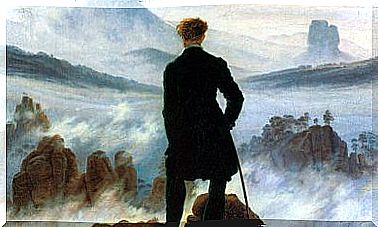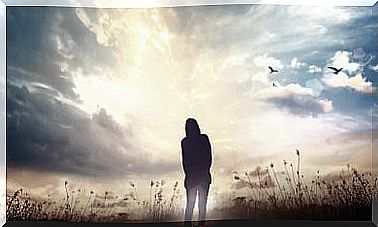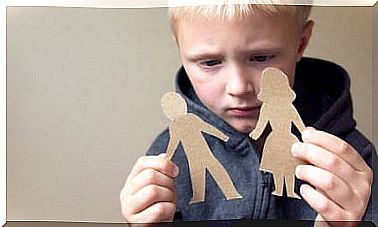The Voice Of Experience: Talking And Reading About Swimming Is Not The Same As Swimming
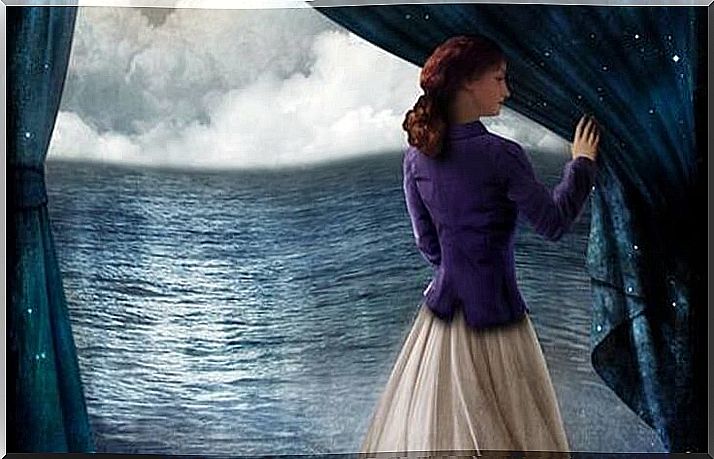
We can be experts when it comes to swimming techniques. Give classes, inform about their different styles (butterfly, front crawl, backstroke or chest) or even advise whoever needs it. We can inflate our ego while enlightening those who know little about the subject or have misconceptions about it. However, our knowledge is not complete. We have never dared to swim! Without the voice of experience, what we say and affirm does not have the same value.
Every day we come across people who give us a lot of advice that does not come from their own direct experience (or only comes from it). However, they consider themselves to be connoisseurs because they have read about it, taken a training course, or listened to a renowned person.
We are not aware that experience involves a lot, largely because it allows for empathy. With it we realize that any theory has a limit in terms of its precision (reality in this sense is always much richer than the model). What is experienced in the first person, in a real and authentic way is what gives us much of our knowledge and, above all, it is what establishes it in our memory.
The great fear of jumping into the water
Why don’t we decide to jump into the water without hesitation? Why do we prefer to speak without having experienced for ourselves what we are transmitting? Fear and insecurity could be two responses to a single sensation. A feeling that, on the other hand, we will have adopted in some way, anticipating what is going to happen since we have not tried it. It’s about the fears that survive in our heads thanks to our lack of experience.

They have educated us in the game of judging and recriminating others, while we believe we know or possess the most absolute truth. They taught us that our words carry much more weight than our own experiences. However, many of them are worthless precisely because they have not gotten into the water, because they have not touched reality.
How can we say that we know something to its last consequences if we have not dared or have not been able to live it? We may know everything about Picasso’s La Guernica , for example. We can recite by heart the life of the author and the context of his work. But have we been there at the time that bombing, now turned into a work of art, happened? Can we really get an idea of how people who lost loved ones lived through it?
From the comfort of our sofa, with a book in our hands, for moments we may think we know everything when in reality we are very far from being able to understand the essence of that moment. We lack the sensations and emotions that were experienced. In addition to all the chaos, fear and pain that many people witnessed. The voice of experience is much more enriching and real than any other voice that has ever experienced what it says in its own flesh.
The voice of experience is invaluable
We venture to criticize and judge those about whom we know little or nothing. Sometimes our words damage them more than we think, because we speak without knowing. We do not take into account what they have been through, because we have not been in their place. We are not aware that what we think we know about them, which may be much less than what we estimate.
In order to internalize all this and reflect more on the importance of the voice of experience, we would like to share with you this excerpt taken from the film “The Indomitable Will Hanting”. Robin Williams’ speech to Will Hunting is sure to stir something inside of you.
Surely, if we stop to think for a moment, we will remember ever having found ourselves in a situation similar to that of the young man in the film. This fragment allows us to realize how little we know about others and in general about what surrounds us. But above all, it helps us to be aware that the information we have is mostly incomplete or lacks the liveliness of having experienced it.
Perhaps we ourselves have some hard or important experience that we have tried to transmit to other people. In this sense, in your attempt to share it, there was something for which others would never fully understand you. This is because they have not been able to live the same as us. However, the voice of experience, ours, is important to those who listen to us.
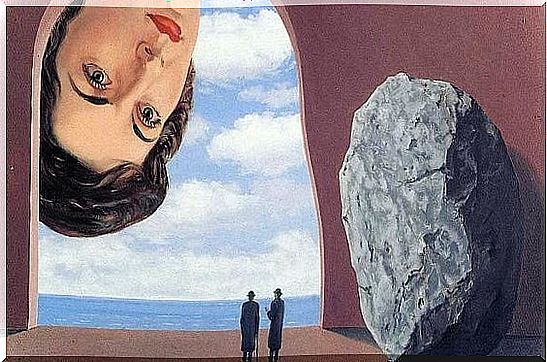
We can all learn from the experiences of others. They enrich us, they provide us with knowledge that we do not have. They help us open our minds. For this, we have to be willing to listen without judgment. But above all, we have to venture to experience everything we can on our own. Because this will bring us the greatest of riches.
Images courtesy of Christian Schloe





